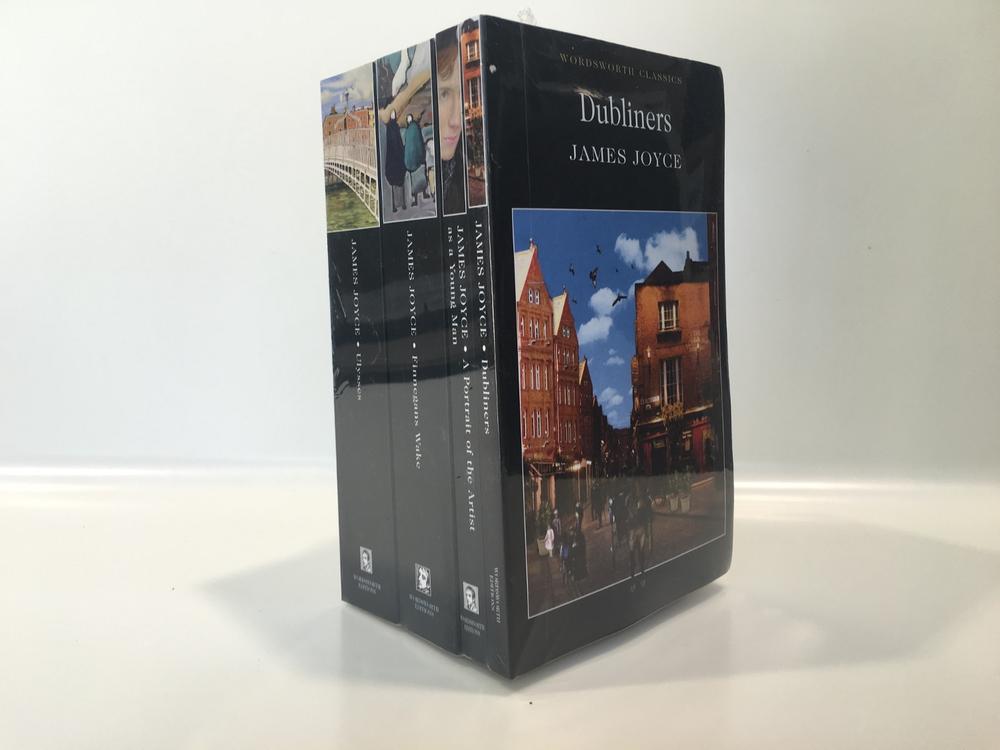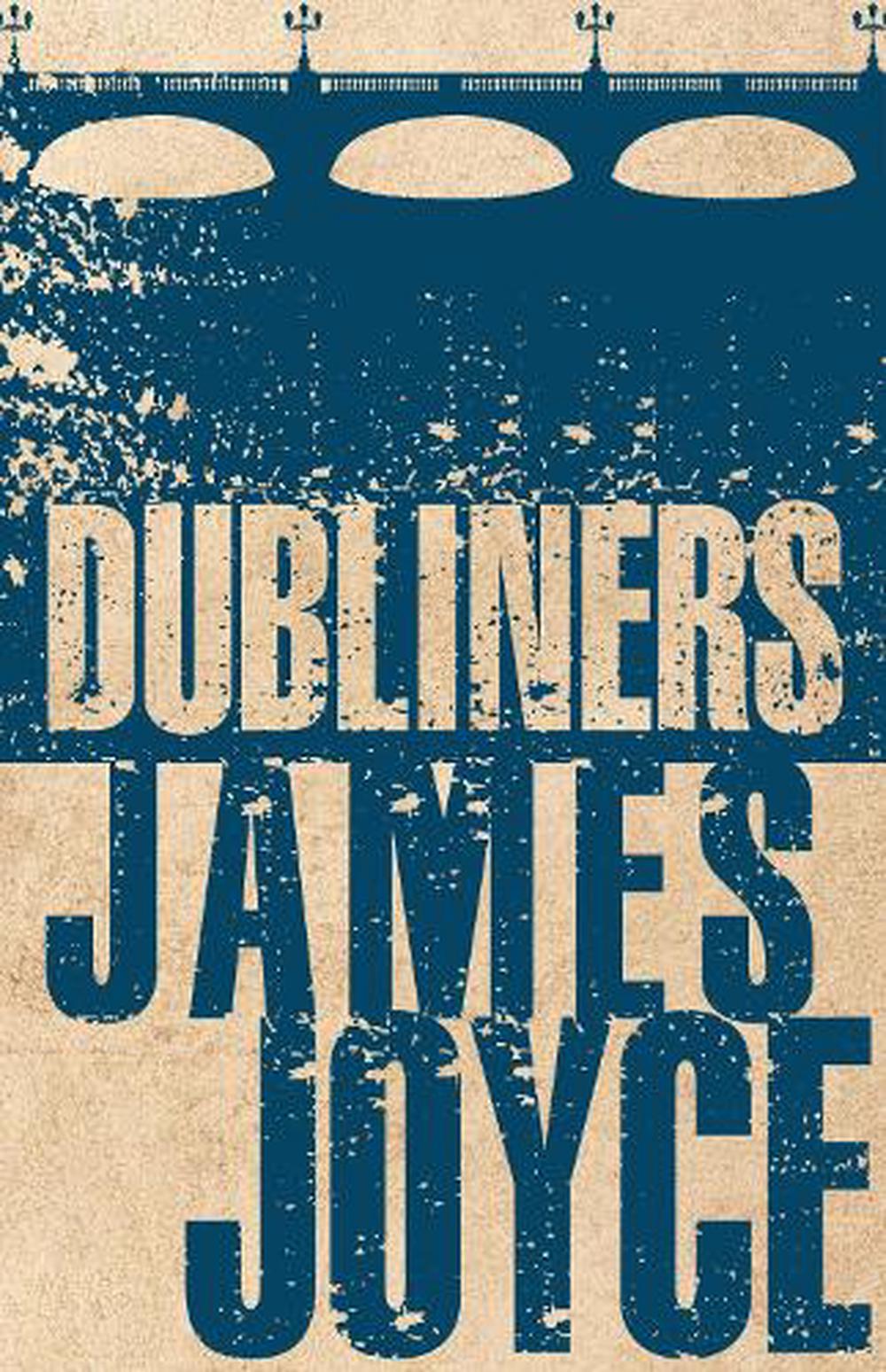
Ogden pronounced it “very bad,” meaning, writes Beach, “it was not a success technically” (though it was not, in any case, “at all a commercial venture”). While Beach may have been satisfied with the recording, her friend, linguist C.K.

Beach called Joyce’s reading a “wonderful performance.” “I never hear it,” she wrote, “without being deeply moved.” And yet Joyce, Beach wrote in her notes, “was anxious to have the recording made… He had made up his mind, he told me, that this would be his only reading from Ulysses… it is more, one feels, than mere oratory.” You can read the speech here while listening to Joyce read above. until 1933 by Judge John Woolsey). The recording session was painful for Joyce, who needed two attempts on two separate days to complete it, plagued as he was by his failing eyes. Ulysses, recall, was in many places under a ban for obscenity (not lifted in the U.S.

Joyce recorded the passage in 1924 at the urging of Shakespeare and Company founder Sylvia Beach, who persuaded the HMV gramophone studio in Paris to make the record, under the provision that she would finance it and that the studio’s name would appear nowhere on the product. MacHugh recites “the finest display of oratory” he ever heard-a defense of the revival of the Irish language that compares the Irish people to Moses and the ancient Hebrews spurning the seductions of an oppressive empire in the person of an Egyptian highpriest: Vagrants and daylabourers are you called: the world trembles at our name.

Amidst this business, erudite professor MacHugh and Stephen Dedalus wax literary and historical, making connections. Joyce sets the scene in the newspaper offices of the Freeman’s Journal, epitome of writing in the present tense, where reporters and editors give puffed-up speeches punctuated by reductive, pithy headlines.


 0 kommentar(er)
0 kommentar(er)
